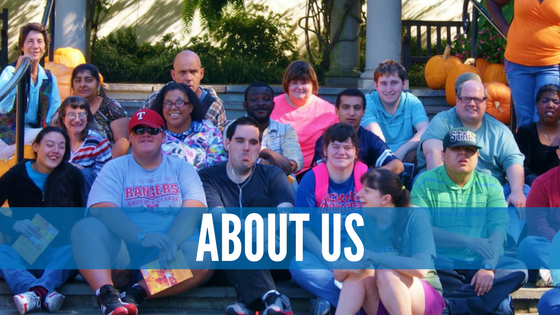The Achievement Center of Texas is a non-profit Individualized Skills and Socialization (formerly day hab) center for children (13 and older) and adults with special needs. We make every effort to offer families services that support those children wherever possible. In providing a wide range of services in the least restrictive environment, students at the Achievement Center can grow and develop physically, intellectually, emotionally and socially. At our center, they work toward greater independence and a more satisfying way of life.

